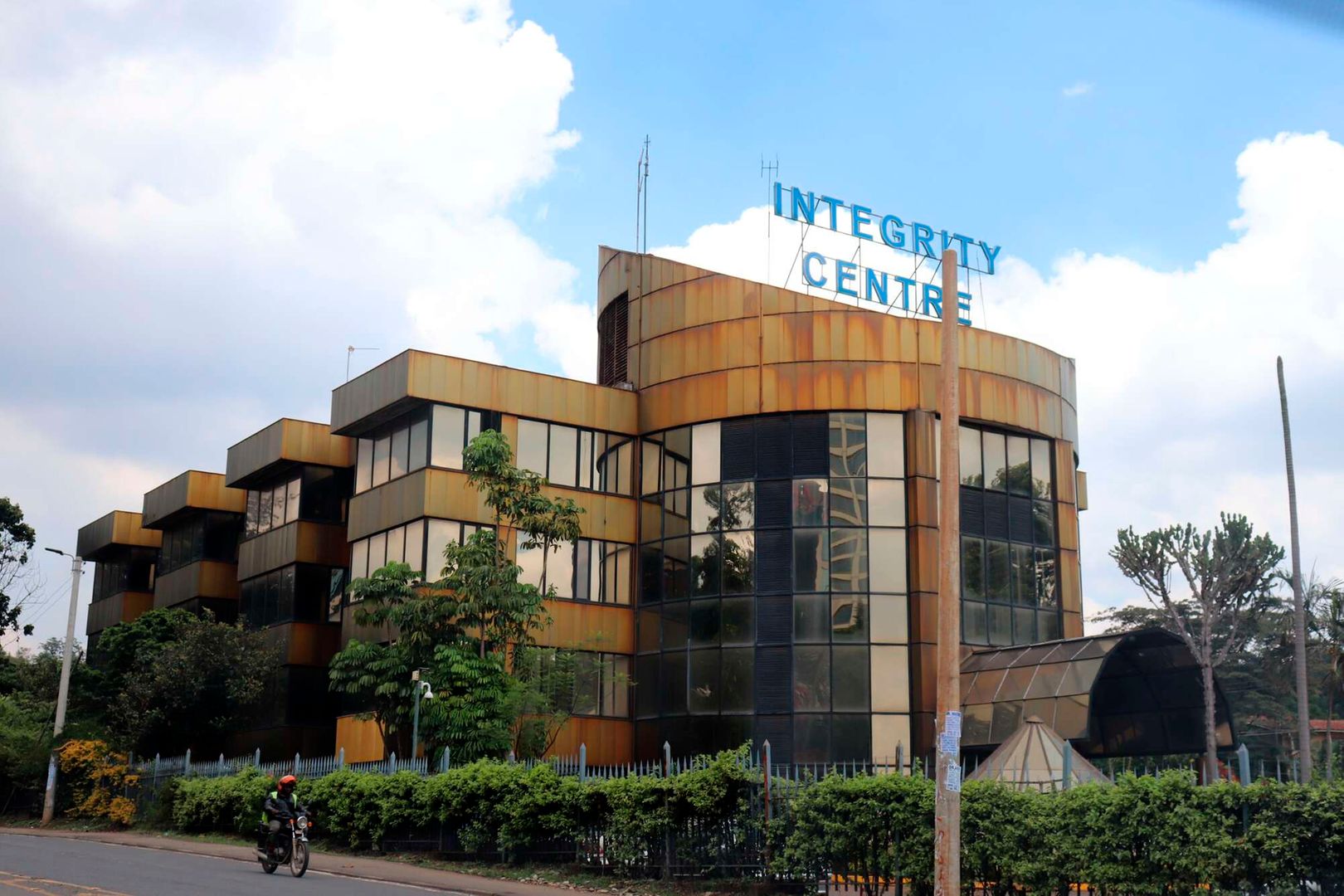The Ethics and Anti-Corruption Commission is investigating claims of fake papers among managers working with the National Government Constituency Development Fund Board.
This comes as the anti-graft agency steps up its efforts to combat the proliferation of fake academic papers among Kenyans seeking government jobs.
The Commission said on Wednesday it was seized of reports that some senior officers employed by the NG-CDF Board have dubious academic papers.
The anti-graft agency said it has covered significant ground in some of the cases reported while others are at different levels of evaluation.
EACC is also looking into claims that the NG-CDF Board failed to act when issues of a senior staff alleged to have fake academic papers were brought before them.
In one case, EACC said a university in the country reportedly wrote to the Board alleging that a degree certificate presented for employment by a manager was fake.
“We are taking that matter seriously and will give a status update once investigations are complete,” a senior EACC official said.
The manager in question is said to have presented a Degree in Bachelor of Business Management which is alleged to have been forged.
The university disowned the certificate and allegedly wrote to the Board over the matter.
EACC said it will prosecute and recover all the benefits earned by people confirmed to have secured government jobs using fake academic papers.
The Commission recently arrested a Ward Administrator in Marsabit for allegedly having secured employment with fake documents.
Public Service Commission (PSC) chairperson Anthony Muchiri said last month that over 2,000 public officers secured jobs, promotions and re-designations using fake academic papers.
Muchiri said this was discovered after PSC undertook an authentication exercise on the academic credentials of public officers.
The PSC boss insisted that the Commission was handing over the findings of the academic and professional certificates report to the EACC and DCI for action.
According to PSC, at least 331 institutions were targeted in the probe, of which 52 were ministries, State Departments and Agencies.
Another 239 included State Corporations and Semi-Autonomous Government Agencies and 40 were all Public Universities.
Muchiri noted that only 195 institutions have complied with all that was asked out of 331 institutions.
—Source: The Star

